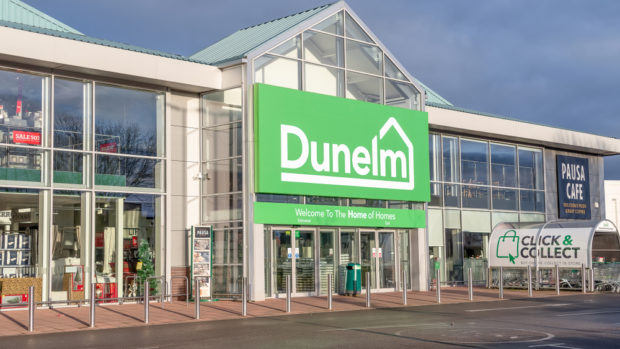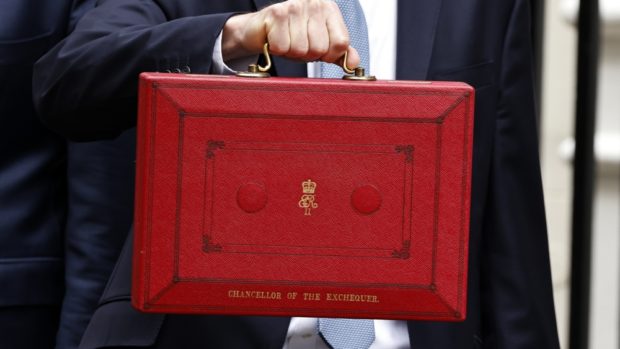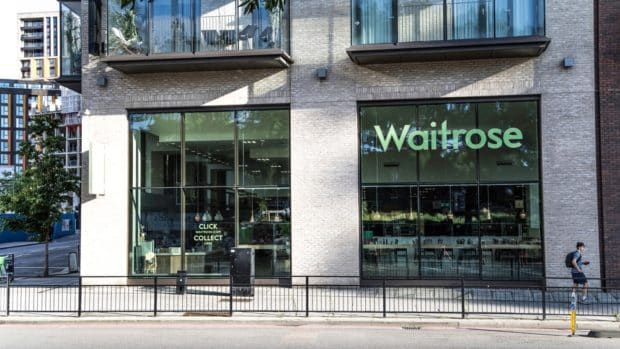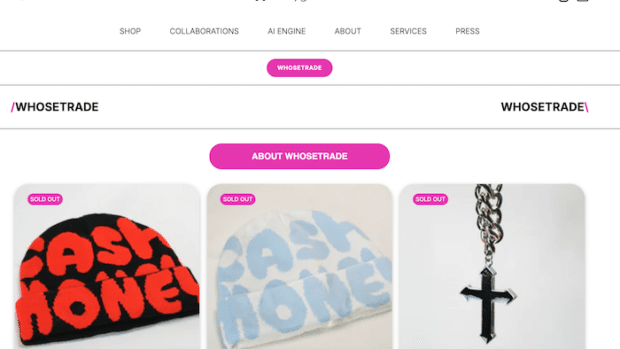With approximately one in ten shops left empty on Britain’s streets and a spate of retail insolvencies in recent weeks, it’s little wonder forecasters are warning a recession will soon be upon us again.
Another chance Shoe retailer Barratts Priceless Group was one of the first victims of the Christmas period, calling in the administrators in December. In total, more than 1,600 jobs were lost as administrator Deloitte closed stores, made head office cuts and failed to find a buyer for the concessions business. The company was eventually sold on 15th January to its existing management team in a deal that included 89 stores and safeguarded 1,184 jobs.
It was a similar story at Tobar, which fell into administration on 30th December. The wholesaler/distributor, which also operates multichannel retailer Hawkin’s Bazaar and cataloguer Letterbox, appointed corporate advisory firm Zolfo Cooper following “challenging trading conditions of late”. More than 420 jobs were lost as the company closed stores across the UK. A
further 52 redundancies were made at Tobar’s Suffolk head office. It was acquired out of administration by current investor Primary Capital in a deal that included eight Hawkin’s Bazaar stores, all the stock, trading names, wholesale, and online businesses. Chief operating officer Simon Palmer took over from Lyle Finlay as chief executive to lead the new company.
Also in December, TP Toys, a supplier of trampolines and climbing frames, fell into administration. It was subsequently bought by manufacturer and distributor Mookie Toys in January. The
acquisition didn’t include TP’s subsidiary Muddy Puddles, a cataloguer of children’s outdoor clothing. Its shares were sold by TP to a newly incorporated company called Muddy Puddles Online
Ltd in early January. Since then, Muddy Puddles has been dogged by stock and delivery problems, leading its Feefo customer satisfaction score to slump to lows of 28 percent, with customers
complaining of missing deliveries, absent refunds, and a lack of communication.
Prepack deals “A sale via ‘pre-pack’ administration was required to rescue as much of the business as possible”, said Richard Fleming, joint administrator and UK head of restructuring at KPMG in a statement accompanying the sale of Blacks Leisure to JD Sports. Blacks Leisure Group, which operates outdoor kit retailer Millets, put itself up for sale in a bid to save the loss-making business from collapse. It entered administration in early January after failing to secure a buyer.
Saving more than 2,300 jobs and 389 stores, apparel chain Bonmarch� was bought out of prepack administration by Sun European Partners. The deal complements Sun European Capital’s
other recently acquired businesses: Alexon and Jacques Vert, which it is says it’s planning to merge into one womenswear powerhouse. Bonmarch�’s parent company Peacocks is still in administration.
At press time, Peacocks, which operates 611 stores and 49 concessions and employs approximately 9,600 people, continues to trade as a going concern while it seeks a buyer. It’s a similar situation at Past Times, which hit the buffers in January. Upon appointment, KPMG made 67 redundancies, including 30 staff from Past Times’ head office and 37 staff from its warehouse, leaving a central workforce of 31. Past Times had already closed 46 stores resulting in 507 redundancies, and plans to close a further 72 temporary pop-up shops.
And it’s not over yet, corporate health monitoring specialist Company Watch expects the total number of UK corporate insolvencies to rise to as many as 27,500 in 2012, an increase of 18 percent on the figure for the year to September 2011. Its financial health assessment ranked Zara UK, Morrisons, H&M UK, John Lewis and Sainsbury’s as highly likely to survive the current turbulence in the retail sector, while Thorntons, Dixons, HMV and Clintons Cards will continue to be beset by stronger competition and tough trading. Unsurprisingly, according to Nick
Hood, head of external affairs at Company Watch, the majority of businesses going under in 2012 will be small and midsize firms.








Share